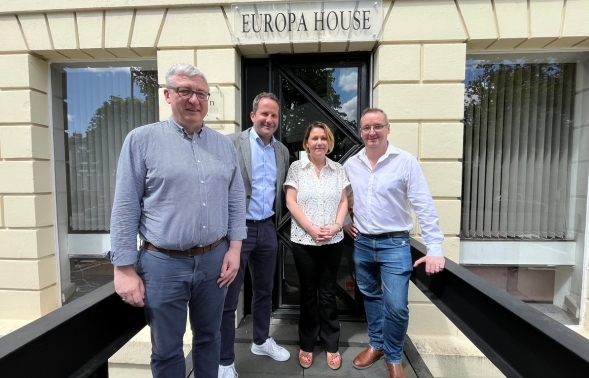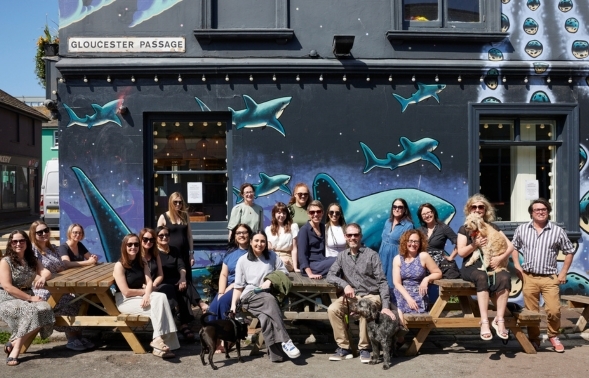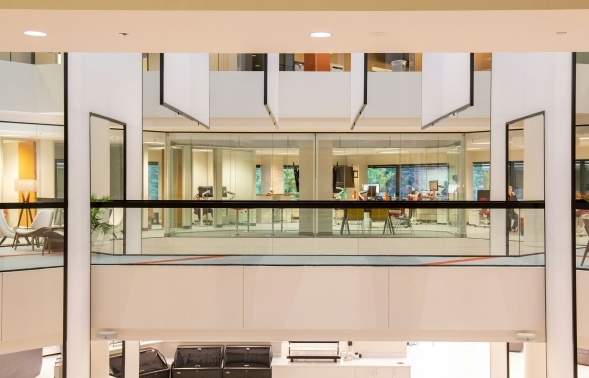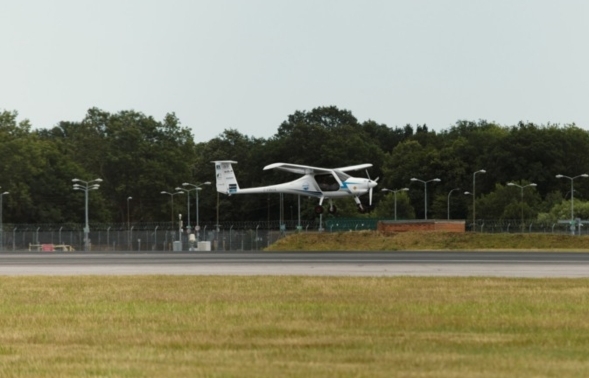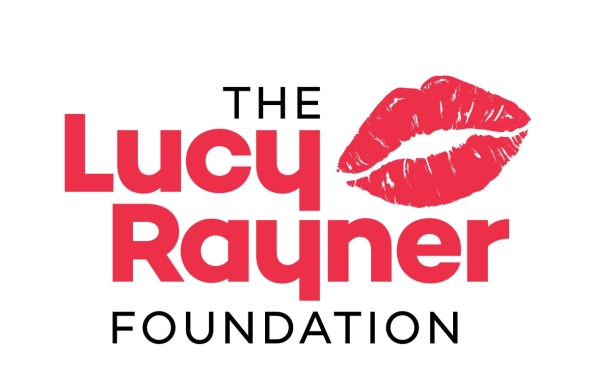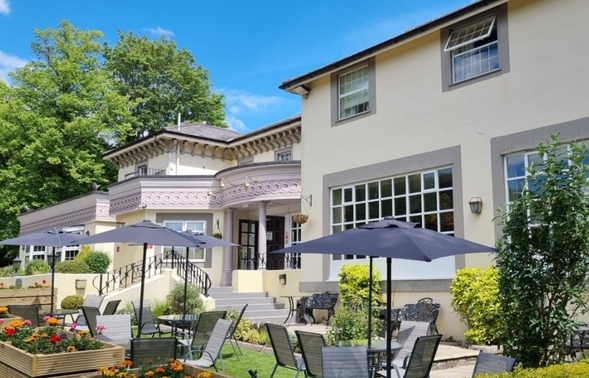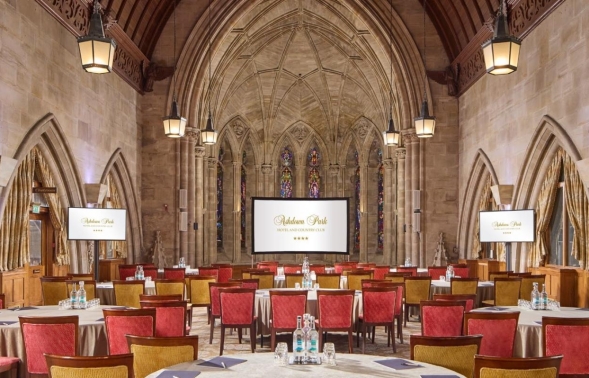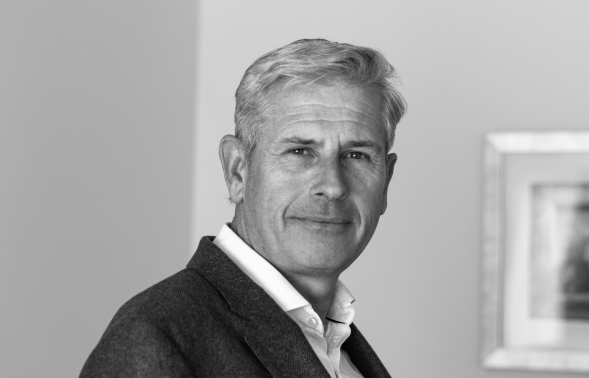Julia Fleming is a consultant at St Catherine's Hospice in Crawley. Here she shares her experiences of working on the frontline caring for terminally ill people and their families, at a time when our own morality is more in focus than ever before.
"Although it's difficult to think about anything other than coronavirus at the moment, we need to remember that, aside from this, life does continue. For our patients, and for those close to them, all of the difficulties that they were previously facing before this, be it experiencing pain, coming to terms with their illness, or contemplating their plans for the future, all of these things are still important. They're needing to face their difficulties at a time filled with many unknowns, when nothing is running as normal, and with all the additional anxieties that COVID-19 brings.
So for me, as a doctor, my role is to continue doing what I normally do, by doing my best to address any of their issues. It's a difficult time for many people we look after, but my colleagues and I continue to do our best to support people. My message to anyone reading who is under our care is to continue to contact us and let us know if you need any help.
As well as providing support directly to patients and their families, I've also been supporting other healthcare professionals in our local community. The team at St Catherine's Hospice work as part of a much wider team, alongside GPs, community nurses and care home staff. I've been working jointly with these colleagues to look after our patients, and to provide specialist advice when needed. It's even more important for us to be cohesive and communicate during these challenging times.
It certainly feels different being at work at the moment. There's so much new technology to get to grips with, and it's odd not having your team around you in the same way for support.
I'm still visiting people at home, and even that feels different until I get used to wearing PPE. But, as it's so important to keep everyone safe, I'm doing as much as possible via the telephone or video call. Supporting people in these ways requires different skills as a clinician. The support I provide isn't only about what I say, but the way I say it and sometimes about the physical being alongside someone. This is much more challenging when you can't see one another's faces because of being on the phone or wearing a mask. Sometimes there aren't the right words but there's meaning in a pause or gentle touch. I'm missing that with patients.
Coronavirus has thrown us all into a world of uncertainty. Normally I'd say that managing uncertainty is one of our specialist areas in palliative care, but at the moment, nobody is a specialist. We're all adjusting and learning, needing to understand this new illness, and trying to find our new norms. But the fundamentals of being a palliative care doctor and the role our hospice plays are the same. We're still very much here to support those with life limiting illness in our community."
To find out more about the work of St Catherine's or to make a donation to support terminally ill people in your community during this crisis please visit: www.stch.org.uk


